Dhaka, Sept 8 (V7N): The interim government, led by Chief Adviser Prof Muhammad Yunus, has completed its first month in office, marked by a series of reforms and notable diplomatic achievements, though challenges remain in restoring full law and order and public trust.
Nobel laureate Prof Yunus, who took office on August 8, has actively engaged with political parties and stakeholders to devise a roadmap for critical reforms and ensure a "free, fair, and inclusive" election once the interim administration fulfills its mandate. The chief adviser is expected to announce a reform roadmap based on inputs from political leaders and other groups, while maintaining a focus on restoring peace and preparing for future elections.
Global leaders and Bangladesh’s development partners have expressed strong support for the Yunus-led government, signaling their readiness to assist in its reform efforts.
A significant diplomatic victory came when Prof Yunus persuaded UAE President Sheikh Mohamed bin Zayed Al Nahyan to pardon 57 Bangladeshi nationals jailed for supporting recent student-led protests in the Gulf nation. "We are, indeed, deeply moved by your compassion and understanding," Yunus wrote in a letter to the UAE president, thanking him for the gesture.
Despite these successes, the interim government faces mounting challenges, including inflation, slowing economic growth, currency devaluation, financial instability, and increasing debt. Public expectations are high, particularly concerning human rights.
On August 29, the government took a strong stance on human rights by signing the instrument of accession to the International Convention for the Protection of All Persons from Enforced Disappearance. With this, Bangladesh is now party to all nine core human rights treaties, reaffirming the government's commitment to addressing enforced disappearances and upholding justice.
Economic reforms are also underway, with Prof Yunus vowing to restore macroeconomic stability and promote sustainable growth. A key priority is combating corruption and mismanagement. Ahsan H. Mansur, the newly appointed governor, has initiated reforms in the fragile banking sector, and a committee chaired by Dr. Debapriya Bhattacharya has been tasked with drafting a "White Paper" on Bangladesh's economy.
In a symbolic decision, the Advisory Council decided to convert Gonobhaban, the former prime minister's residence, into the "July Revolution Memorial Museum," commemorating the student-led uprising that ousted the Hasina-led government on August 5. It remains unclear how political parties, especially the BNP and its allies, will respond to this move.
Meanwhile, concerns have been raised about the filing of murder cases against various individuals, including media workers, who appear to have minimal involvement in such incidents.
On August 28, the Home Ministry’s Public Security Division lifted a ban on Bangladesh Jamaat-e-Islami and its affiliate Islami Chhatra Shibir, citing a lack of evidence linking the groups to terrorism or violence.
Diplomatically, Bangladesh maintains strong relations with its international partners, though tensions have surfaced between Dhaka and New Delhi over the former prime minister Sheikh Hasina’s stay in India. Prof Yunus has described Hasina’s political comments from India as an "unfriendly gesture" and suggested that she should remain silent until the Bangladesh government seeks her extradition.
Looking ahead, a high-level US delegation, including Assistant Secretary of State for South and Central Asian Affairs Donald Lu and Deputy Assistant Secretary of Defence for South and Southeast Asia Lindsey W. Ford, is expected to visit Bangladesh to explore ways to strengthen bilateral relations in the context of the new political landscape.
END/MSS/



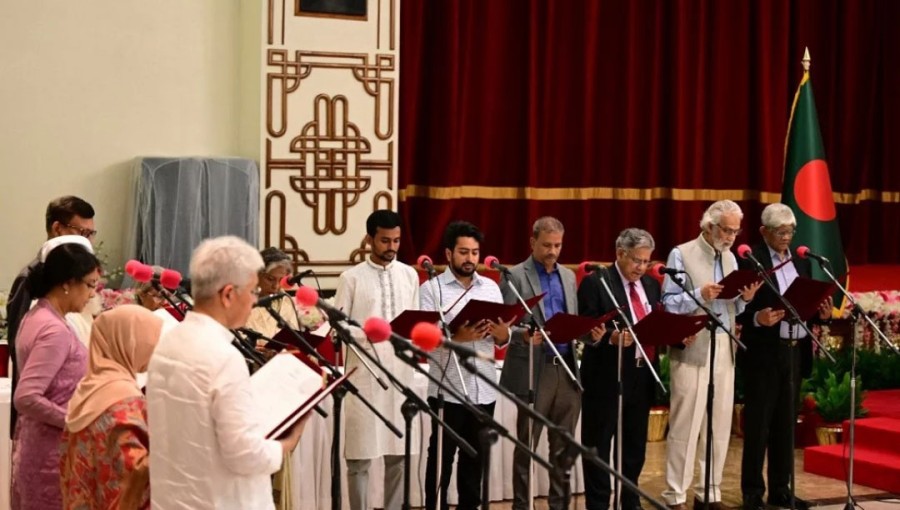

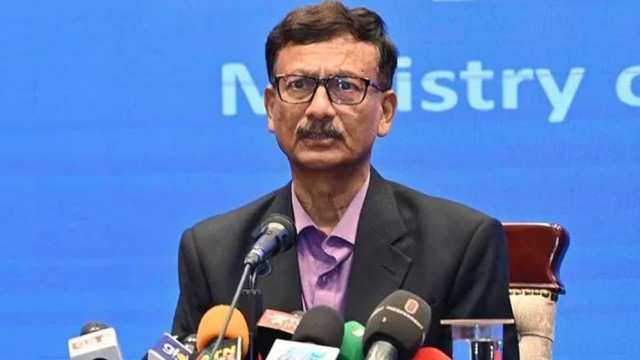
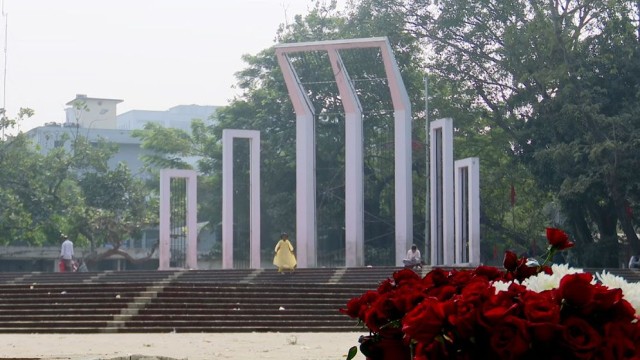

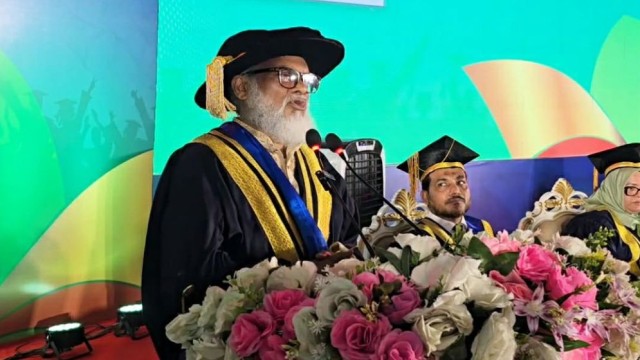
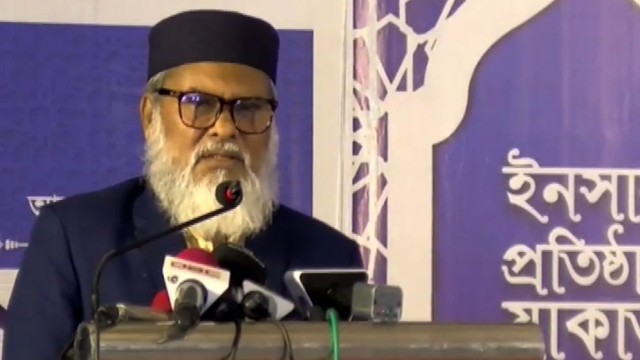
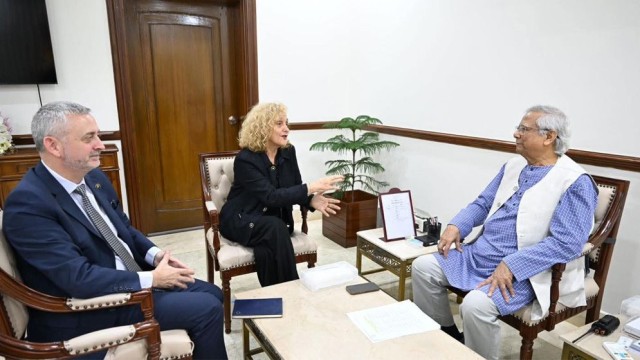
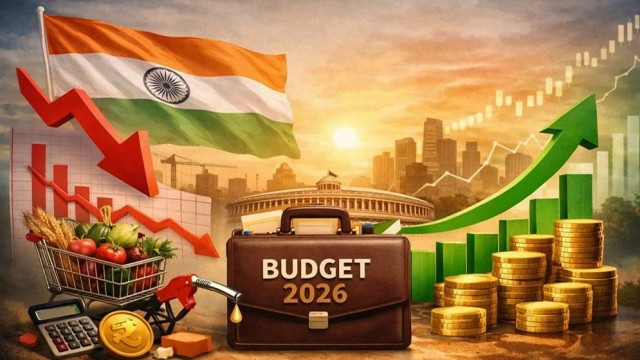
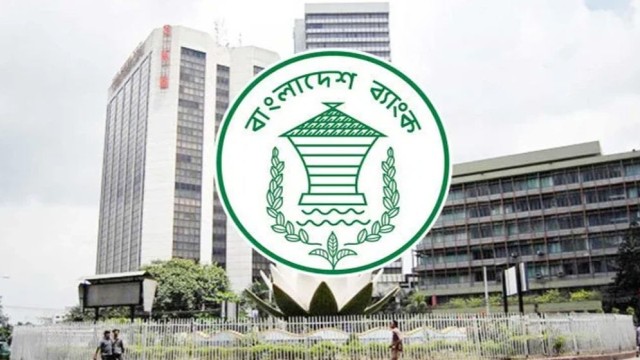
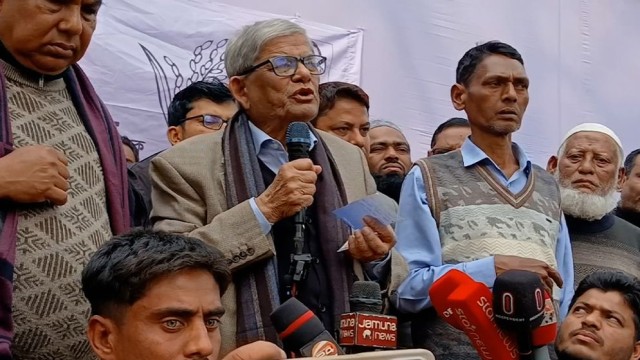
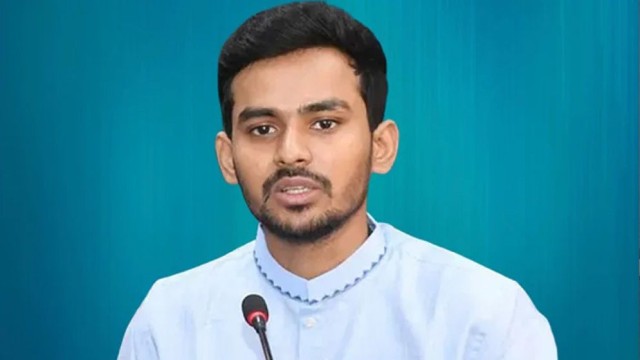
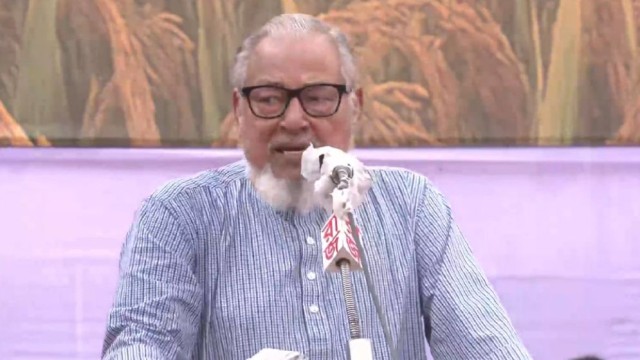

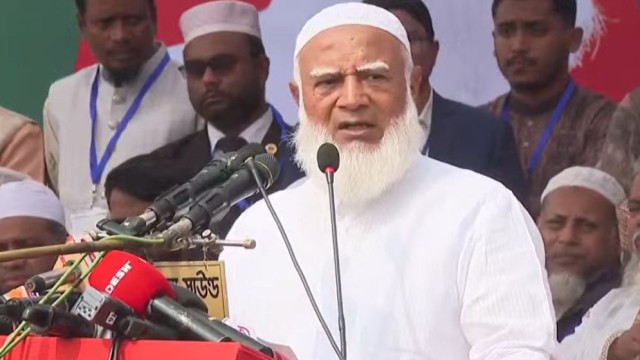




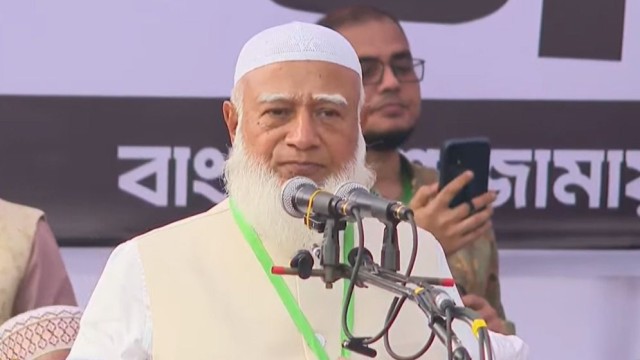
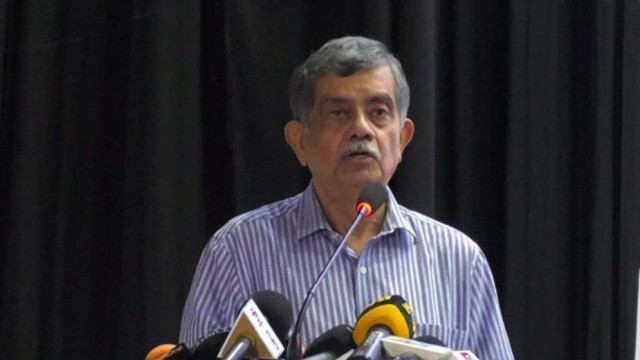
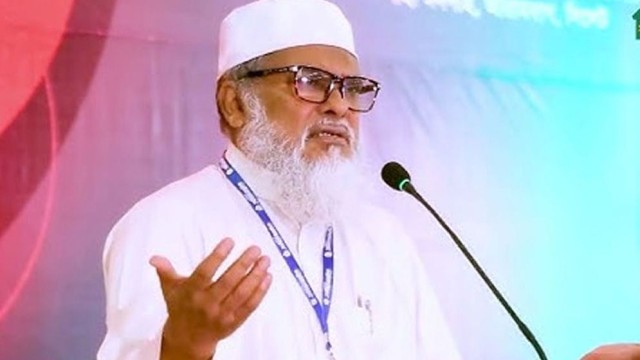
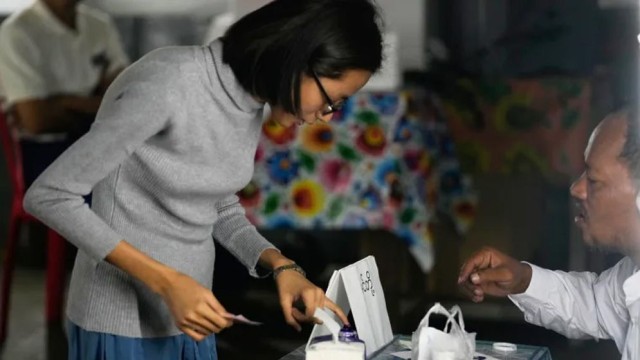
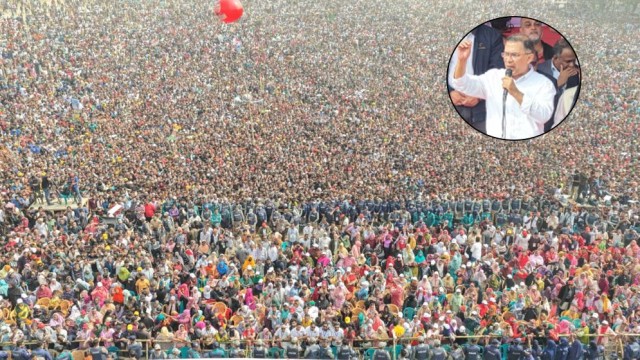
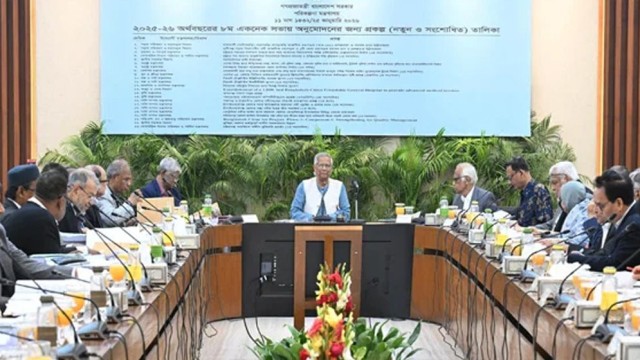
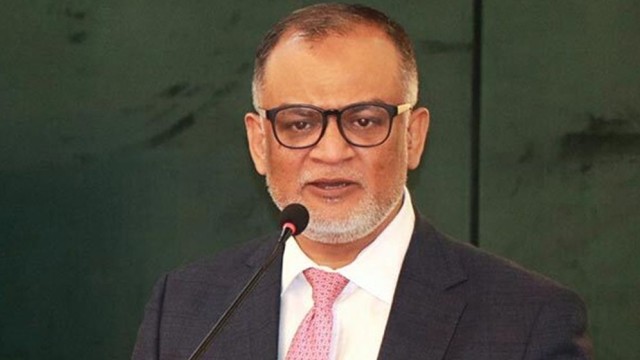
Comment: